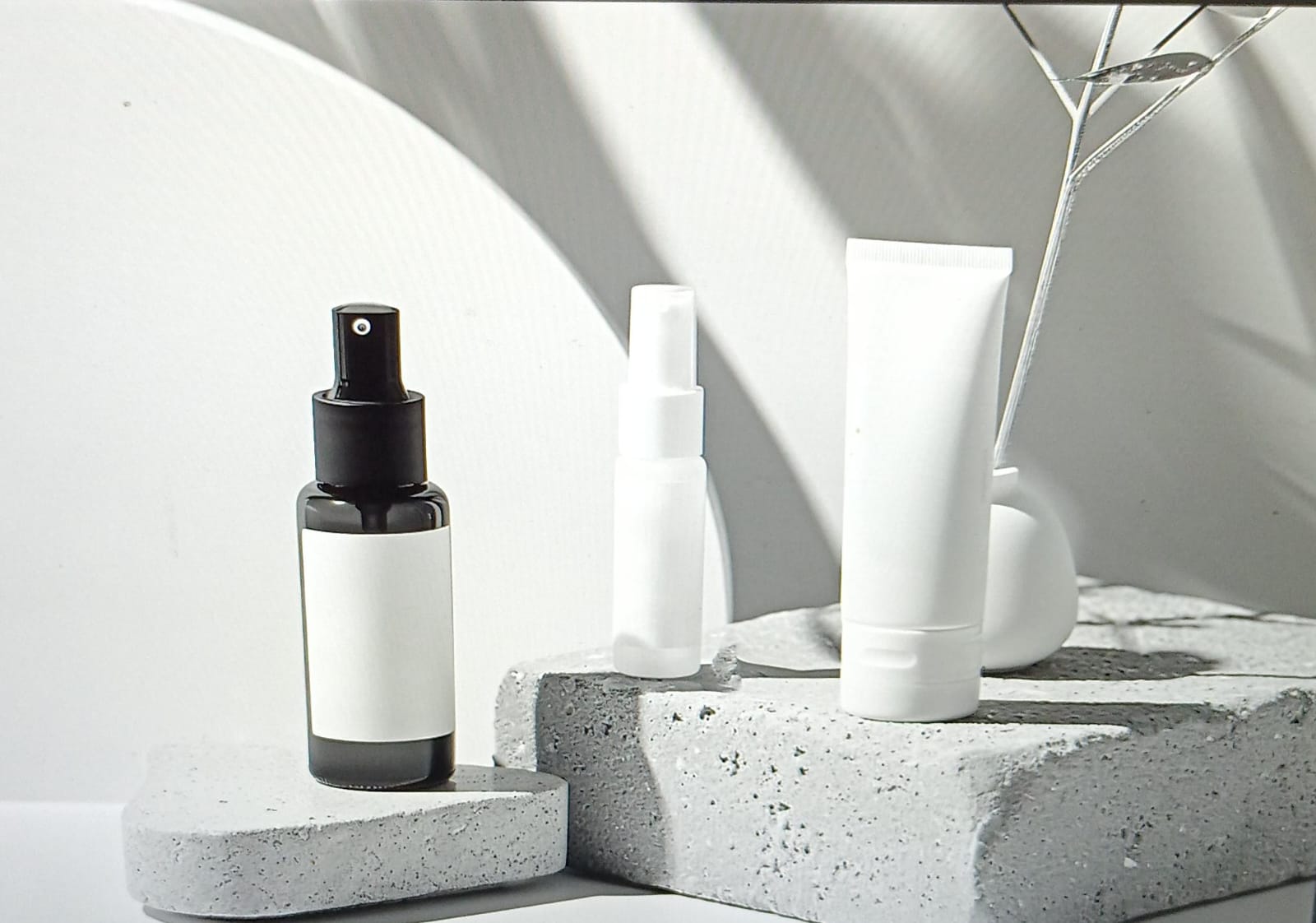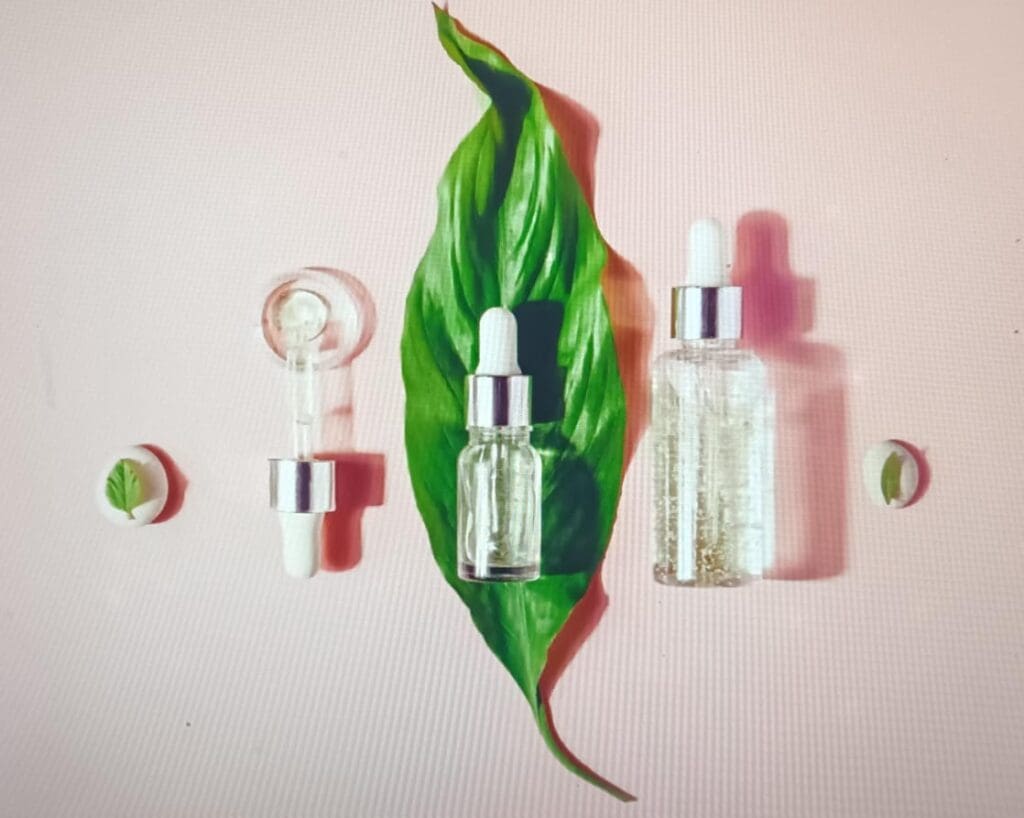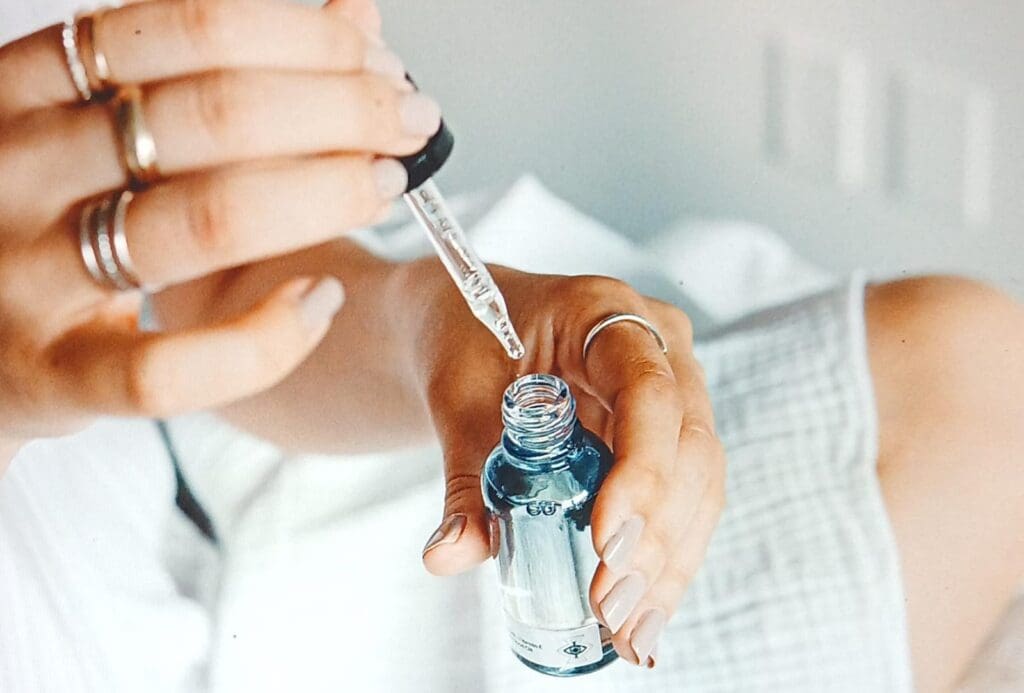
Skin Exfoliation: Types and Benefits
Ever wonder why babies have such soft, smooth skin? It is because their skin naturally renews itself much faster, shedding dead skin cells frequently.
As we age, this process slows down, leaving dead cells sitting on the surface for longer. This buildup can cause skin to look dull, rough, and even emphasize fine lines.
Exfoliation helps speed up the process by removing these dead cells, revealing fresh, glowing skin underneath.
The American Academy of Dermatology suggests that exfoliation can help brighten your skin and boost the effectiveness of topical skincare products by improving their absorption into the skin.
Exfoliating can be done physically, using scrubs, or chemically, with acids or enzymes.
Regular exfoliation helps your skin look healthier, feel smoother, and can even improve how your skincare products work. Let’s dive into why your skin needs this essential step in your routine.
Why is Exfoliation Important for Your Skin?
Over time, dead skin cells build up, clogging pores and preventing your skin from looking its best. Exfoliation works to remove these dead cells and reveal the fresh, vibrant skin underneath. Here are some of the key reasons why exfoliating regularly is important:
Benefits of Exfoliation
1. Smoother Skin Texture
Exfoliating helps improve the overall texture of your skin by removing rough patches and flakiness. This gives your skin a smooth and even appearance, making it feel softer to the touch.
2. Brightens Your Complexion
By clearing away dead cells, exfoliation can give your skin a healthy glow. It removes the dull layer on the surface, allowing fresh, radiant skin to shine through.
3. Minimizes the Appearance of Pores
Unclogging pores is one of the biggest benefits of exfoliating. Dead skin, oils, and dirt can get trapped in your pores, making them look larger. Exfoliation clears them out, reducing their visibility and leaving your skin looking more refined.
4. Improves Absorption of Skincare Products
When the surface of your skin is free from dead cells, your serums, moisturizers, and other skincare products can penetrate more effectively. This means you get the full benefits of your skincare routine, with better hydration and faster results.
5. Prevents Breakouts
Regular exfoliation helps keep your pores clear of debris, reducing the risk of acne and breakouts. It is especially helpful for those with oily or acne-prone skin, as it prevents the buildup of excess oils and bacteria that can lead to blemishes.
6. Minimizes Fine Lines
Exfoliating can reduce the appearance of fine lines and wrinkles. By removing the top layer of skin, it makes wrinkles less noticeable and encourages new skin to grow, improving your overall texture.
Types of Exfoliation: Chemical vs. Physical
There are two main types of exfoliation: chemical and physical. Each method has its own set of benefits, and the best choice depends on your skin type.
Chemical Exfoliation
This method uses acids or enzymes to gently dissolve the bonds between dead skin cells, allowing them to shed.
Common chemical exfoliants include alpha hydroxy acids (AHAs), like glycolic and lactic acid, and beta hydroxy acid (BHA), like salicylic acid.
Chemical exfoliants like AHAs are generally gentler and are especially suitable for sensitive or acne-prone skin.
In fact, they are effective for all skin types and often provide more consistent and thorough results compared to physical exfoliants, without the risk of irritation or microtears.
AHAs: These are great for dry or sun-damaged skin as they work on the surface to improve texture and brighten skin.
BHAs: Ideal for oily and acne-prone skin, BHAs penetrate deeper into pores to clear out excess oil and dead skin.
Physical Exfoliation
This type involves using a scrub or tool to manually buff away dead skin cells. It includes ingredients like sugar, salt, or beads, or tools like brushes or sponges.
Physical exfoliation can be great for areas like your body, but for the face, it is best to use gentler particles to avoid irritation.
Larger particles: These are better suited for thicker or oilier skin, as they provide a deeper exfoliation.
Finer granules: Recommended for sensitive or delicate skin to prevent irritation and microtears.
When Should You Exfoliate?
Knowing when and how often to exfoliate is key to keeping your skin balanced and healthy.
Best Time to Exfoliate: Night
Exfoliating at night allows your skin to heal and recover while you sleep. Since freshly exfoliated skin is more sensitive to the sun, it is best to avoid doing it during the day when you are exposed to UV rays.
After exfoliating, always apply sunscreen if you are going out during the day to protect your newly exposed skin.
Frequency
Exfoliating too often can damage your skin barrier, so it is important to find the right balance. For most skin types, exfoliating 2-3 times a week is enough. If you have sensitive or dry skin, once a week might be better.
Dos and Don’ts of Exfoliating
To ensure you are exfoliating safely and effectively, here are some quick tips:
Do:
Choose the right exfoliant for your skin type: For sensitive skin, opt for gentler options like enzyme-based exfoliants.
Exfoliate at night: This gives your skin time to repair overnight without the added risk of sun damage.
Use sunscreen: Always protect your skin with SPF after exfoliating, as it will be more vulnerable to UV damage.
Apply moisturizer afterward: Hydration is key after exfoliating to restore your skin’s moisture barrier.
Don’t:
Over-exfoliate: Exfoliating too much can lead to irritation, dryness, and even breakouts. Stick to the recommended frequency.
Exfoliate irritated or sunburned skin: Let your skin heal before exfoliating.
Use harsh scrubs on sensitive skin: Coarse exfoliants can cause microtears and damage your skin, especially if you have sensitive skin.
Final Words
Exfoliation is a key step in achieving and maintaining healthy, glowing skin. It effectively removes dead skin cells, clears out pores, and boosts the absorption of skincare products.
Whether you prefer chemical or physical exfoliants, it’s essential to pay attention to your skin’s needs and find the method that works best for you.
However, chemical exfoliation is often a more effective and gentle approach compared to physical exfoliation. With consistent exfoliation, you will enjoy smoother, brighter, and more youthful-looking skin.

Education: University of Peshawar
Ahmad Khan holds a Master’s degree in Chemistry and has been writing about skincare for over five years. With a deep understanding of ingredients and their impact on the skin, he enjoys sharing practical, science-based skincare advice. When not writing, he loves playing with his kids.




